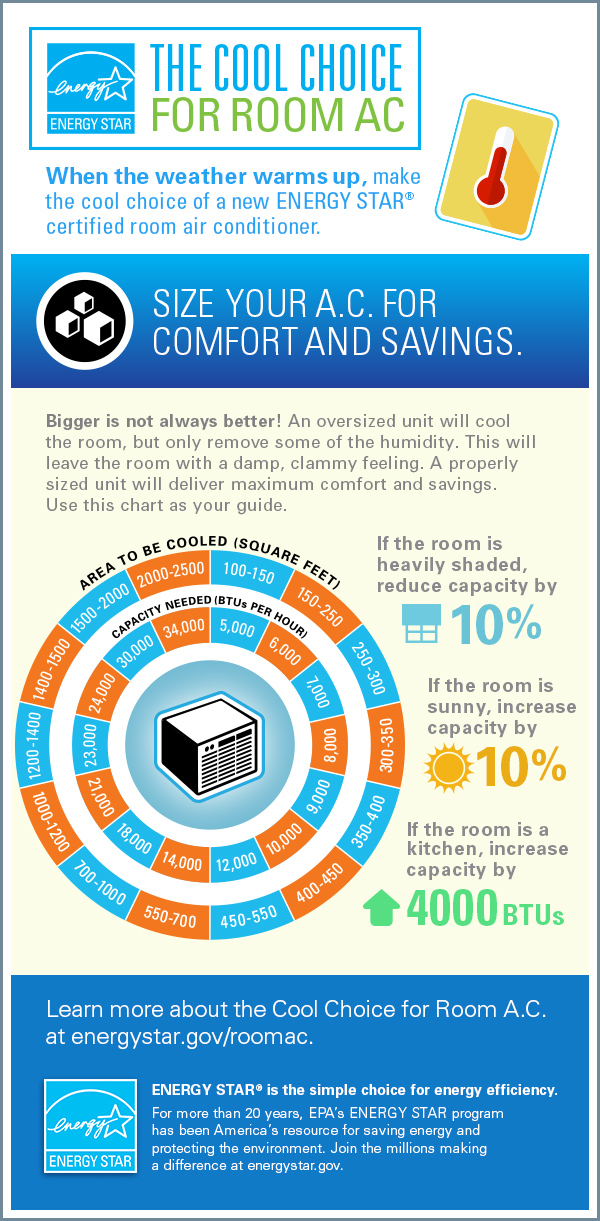Exactly How Weather Condition Impacts Heat Pump Efficiency And What You Can Do Regarding It
Exactly How Weather Condition Impacts Heat Pump Efficiency And What You Can Do Regarding It
Blog Article
Content By-Jacobs Regan
When it concerns your heat pump, weather condition plays a vital role in its performance. From freezing residential heating and air conditioning to sweltering heat, each element can impact just how efficiently your system runs. But what can you do to battle these weather-related difficulties and guarantee your heat pump is operating at its ideal? Keep tuned to uncover useful pointers and techniques to enhance your heat pump's efficiency, despite the weather conditions it faces.
Weather Condition Aspects Influencing Heatpump Efficiency
Weather condition factors have a substantial effect on the performance of heatpump. One crucial element is temperature level. Heat pumps function by transferring warm from outdoors to inside throughout winter and the other way around in summer. As temperatures drop, it comes to be harder for the heat pump to remove warm from the outside air, lowering its efficiency.
An additional crucial element is humidity. High humidity degrees can make it extra tough for the heatpump to launch warmth during the cooling procedure.
In addition, wind rate plays a role. Strong winds can dissipate the heat absorbed or released by the heat pump, impacting its general efficiency.
Tips for Optimizing Heat Pump Efficiency
To boost the effectiveness and long life of your heat pump, applying a few key techniques can make a considerable difference in its performance.
Firstly, ensure regular maintenance by cleansing or replacing filters every 1-3 months to stop air flow clogs and take full advantage of air movement. Furthermore, cost to install air conditioning in nz to spot and deal with any kind of prospective issues at an early stage.
Optimum thermostat settings additionally play an important function. During the winter, aim for a temperature setting that's as reduced as comfortable, and during the summer season, set it as high as comfortable to decrease the workload on your heatpump. Making use of a programmable thermostat can aid you instantly change setups based on your schedule.
Additionally, securing leakages in ductwork and insulating ducts in unconditioned areas can stop energy loss and enhance overall system effectiveness.
Last but not least, consider mounting a smart thermostat that can discover your practices and change setups appropriately, more maximizing your heatpump's efficiency. By complying with these tips, you can guarantee your heat pump runs successfully and efficiently throughout the year.
Best Practices for Weatherproofing Your Heatpump
For ideal performance and performance of your heatpump, implementing weatherproofing procedures is crucial. Beginning by sealing any spaces or cracks around doors, windows, and ductwork to avoid warmth loss and maintain a constant indoor temperature.
Insulate exposed pipelines and air ducts to stop cold throughout cold weather and make certain appropriate airflow. Consider mounting a protective cover over the outdoor unit to protect it from extreme climate aspects like snow, ice, and particles.
Regularly clean the outdoor unit to remove dirt, leaves, and debris that can obstruct air flow and lower efficiency. In addition, keep the area around the heat pump free from snow, ice, and greenery to permit correct air flow.
Final thought
Since you understand just how weather influences your heatpump performance, you can take positive actions to enhance its effectiveness. By following the pointers described in this article, such as regular upkeep, thermostat adjustments, and weatherproofing measures, you can ensure that your heatpump runs at its finest regardless of the weather conditions. Keep successful and keep your home comfortable all the time.
